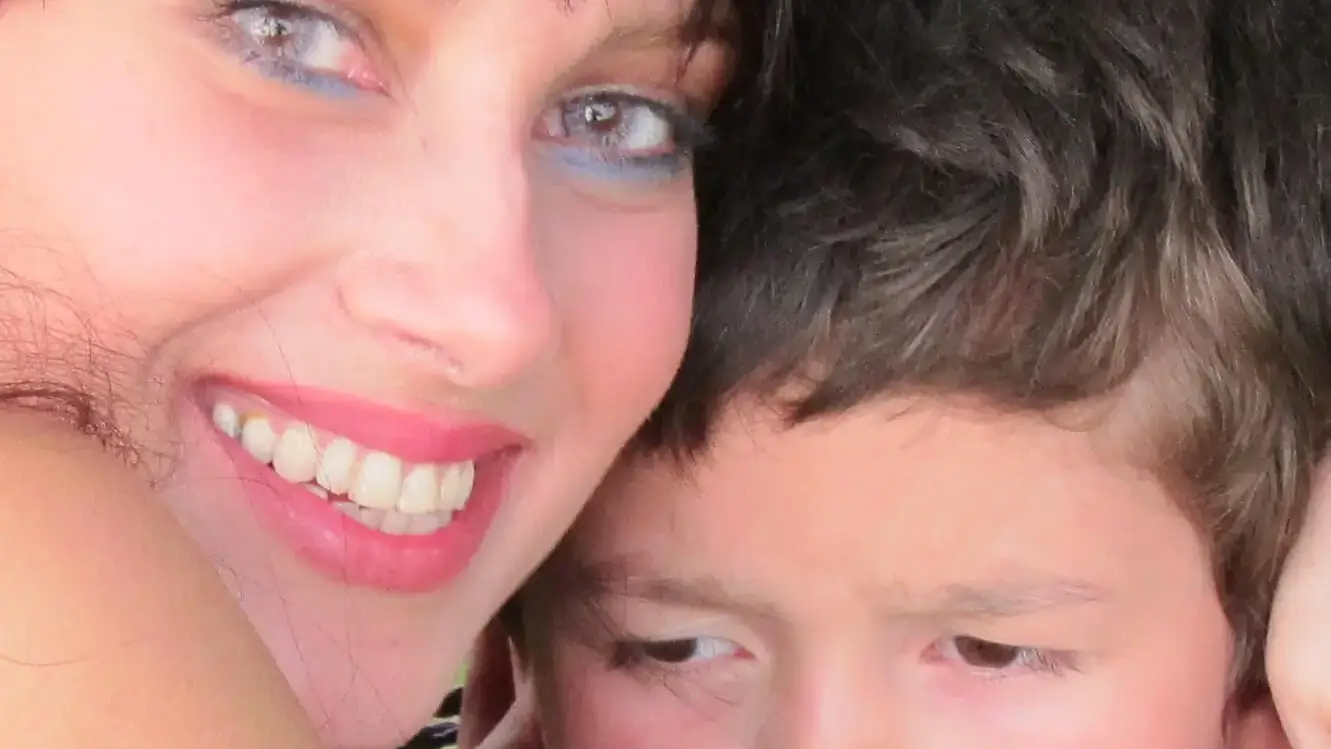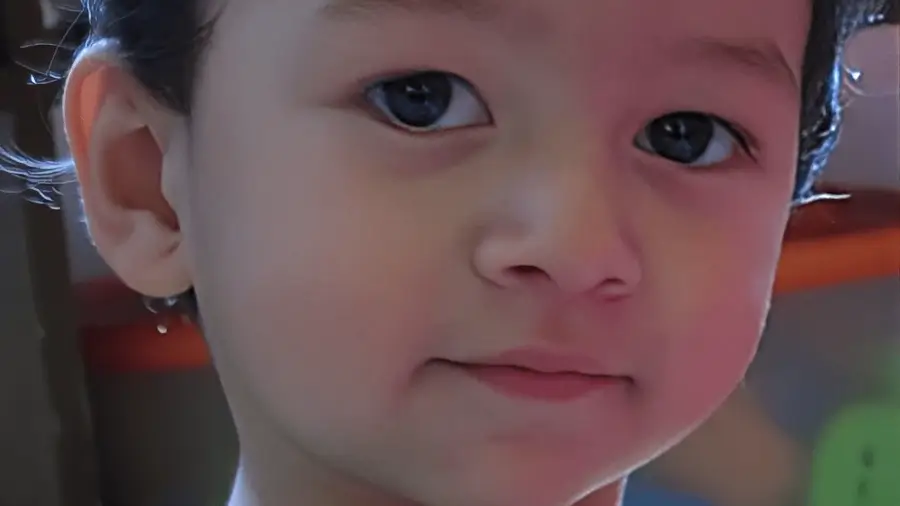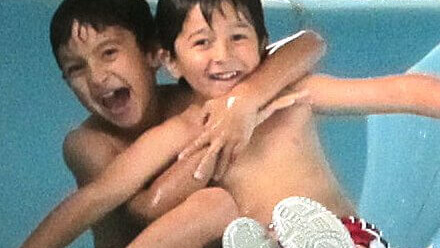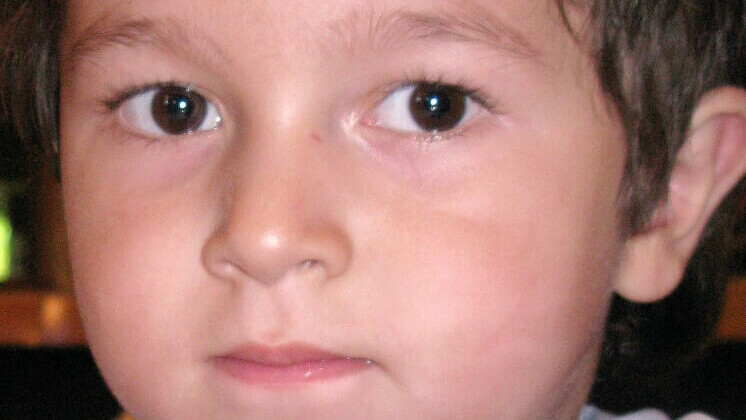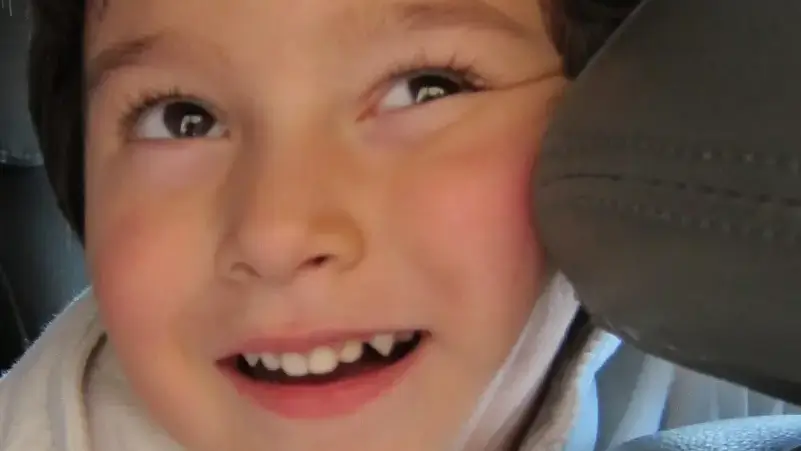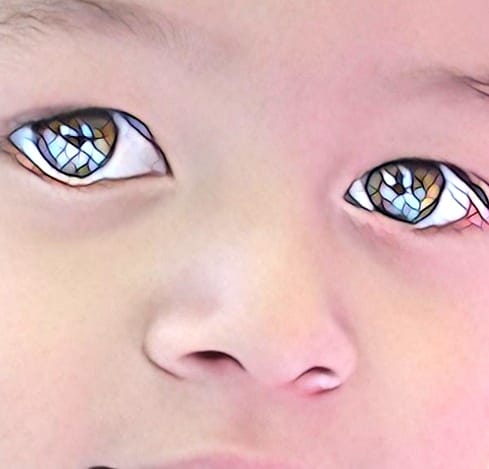To our children
Sharing
Letters
Click on any one of the titles to read a letter. You may either click again on the title or click on another letter to close the one you already read,
Dear our boys, click here
We love you so much. You are the biggest joys of my life. As you grow older, I want to be a source of wisdom and support for you. I know that I will not always be around to offer advice, and I want to make sure that you have the guidance you need for the long road ahead.
That is why I have created this website for you. It is filled with content from the Internet that I have carefully selected to provide you with the knowledge and understanding you need to make wise decisions in life. I have also written a series of letters to offer you companionship and advice.
My hope is that this website will be a source of guidance and comfort for you as you navigate the different paths of your lives. I want you to know that no matter what, my love and support will always be with you.
Love,
Your parents
Letters to our children
Please take notice that this section, “Letters to our children”, is an invitation to all parents to subscribe to our publication and contribute, as parents, with your own letters for everybody’s children to find. These letters represent the point of view of each individual parent and are not associated, in any way, with the editorial content of this publication. Individual letters must be vetted and approved by the Editor.
Friends and partner(s) in life
Basic principles of life and thought
PRINCIPLES
Basic metaphysics: Each entity that exists has its own essence, and everything is made up of the spiritual world, and material universe(s). Matter would not exist without its spiritual counterpart. In the material universe we know, there is time, which is only a measure of how “potential” (this word is also a noun) transforms into “Act”. Potential is what something “can be”, and Act represents what it already is. I can jump, therefore I jump. I can grow (although it takes years), and so I grow. In living beings the will is added, the “I want”. First, living beings have to know something or someone (through “cognition”). After “knowing” something, sometimes follows “wanting” that something, and that is called “love”, which is the engine or energy moving the will, and that is why they move into Act. I want this, I take it, or I get it, or I become it.
God: I have this opinion, that there are no true atheists. Everybody believes in a higher entity or being, and we can call it God. However, many people have different ideas of God. Some say it is “the universe”, for example. But then, they begin to understand that God has additional powers, and after much thought, we would always come to the same idea. God is Spirit, with no parts and all Act, and thus nothing is Potential and there is no time. God contains everything good that exists, and God sustains us in existence through Love. We only exist because of God, as long as God wills us to exist.
Who is God: God is a person. A person can (1) know and (2) love. In God, there can be no parts, and thus no movement. This is why there is no time. Its nature is called “Spiritual.” All religions eventually reach this same understanding of God.
Is God good? I absolutely believe God is good. So, Yes. So much evil in the world confuses us, but it is the product of freedom. We received the gift of free will. Free will and freedom allow us to choose in between good things because those add up, enrich our nature and being, and lead us to happiness. Choosing bad things is licentiousness and steals from true Freedom, because it subtracts what is good from us. God creates us free.
Eternal life: I believe that for each of us already born and living, eternal life has already begun. God creates us with the promise that our spirit will never go away. First, we go through the life we know on Earth. And, I firmly believe that there will be a time when we die -from this life. Let us be ready.
The Way: “Only one commandment I give you: you shall love God above all things, and your neighbor as yourself.” It is simple but, be careful! Because it must be understood very well. Love must be completed through deeds. “Love” without deeds is not Love.
Marriage: For those who do, this is the most important partnership in life. It has been measured that more than 50% of the success and happiness in a person’s life depend on a good marriage. A married couple has the task of taking care of their children, and that defines it. It is not enough to “fall in love” because, when family tasks become daily life, burdens grow, and when one member of a married couple lacks character, this stems trouble. Marriage is an alliance, a partnership. Choose carefully and with those criteria in mind.
It is important to follow an orderly life. First, you shall become a complete person, and only then you can search for a good partner. For example, the most common mistake is that when we are not complete, we meet many wonderful potential partners without problems, but they quickly seem to bore us, and that is because we already were bored before we met them, and so we ended up looking for someone to “entertain” us. Some people can entertain us with emptiness, with their beauty, their money, sexuality, etc. But, that is not a good solution. It is surely acceptable to consider everything because it can be good, but we should never forget our main objective in marriage: mutual support and the procreation of good children.
Love: Love is real. It is one of the two most powerful forces that exist, and it is related to the will and all movement. There is love with a small letter, and Love with a capital letter. Love with a capital letter comes and is due only to God, who is the only one who deserves it.
Stay safe in traffic
STAY SAFE IN TRAFFIC
So that when you own and drive your vehicle(s), you don’t have accidents…
The law of inertia: zero inertia. At all times drive according to your own conditions, the conditions of the road, and your surroundings. That is constantly changing. You must constantly modify and adjust your speed and driving style. That’s what “zero inertia” means. Example: you are going fast because it is a wide and abandoned straight road, but as soon as that road narrows and you see trees, brushes, and other obstacles next to the road, then you must slow down, even if it is still a straight road. Etc.
Zero inertia also means giving each moment its due. Before you begin driving, fix an image of your final destination in your mind. Then, as you drive, don’t get distracted, don’t look at your cell phone, don’t think about more things, and do not “turn around to see” anything. Your safety is in what you do: at each moment. drive as it best fits that moment. There is one driving style for some moments and a different one for others.
Come to a complete stop: Before passing a stop, bring the vehicle to a complete stop (STOP). Do not move along before stopping, even if “no one comes”. Not stopping is against the law and, statistically, this is one source of many accidents. And, violating this rule goes against our previous recommendation: “zero inertia”, because you simply want to continue moving, flowing with your current inertia.
Speed differences: This should be lower as you get closer to other vehicles or people or obstacles. For example: never pass “fast and close” to slower vehicles.
Street Crossings: When crossing a street, when you see traffic approaching, do not simply look at the first vehicle in the line, but also look at those vehicles behind it. Sometimes first small space opens up, and maybe you won’t want to miss it, and that’s when some try to cross the street as fast as possible and put everyone in danger. Sometimes, one or two vehicles behind that small space you first noticed, there is a much larger and adequate space for you to cross, but maybe you simply didn’t look at it. You will only notice these spaces if you consciously focus and pay attention to them.
Driving surfaces: Constantly analyze the pavement. Wet, oil, gravel, dirt, mud, asphalt, concrete, everything… Depending on the type of asphalt, some are more slippery than others. On the first rainy days, gases and oil become mixed with water, and the result is a very slippery driving surface. Consider all of that, and carefully adjust your driving speed. Remember “zero inertia”.
Three seconds: Always keep a distance of three seconds or more from the vehicle in front of you. This is the minimum measured time you need to react and apply your brakes, too.
Look twice: We all have a blind spot in our eyesight. When it is important to do so (as in street crossings), look twice.
See more: Try to look through the windows of the vehicles ahead of you. Seeing beyond what is in front of you is useful. Also, notice and look at people’s reactions around you. For example, if everyone looks at a certain point or gathers in one place, something is happening there.
Imagine, and be prudent: If you have never had an accident, without spooking yourself, try to imagine some of them. Always imagine others going through a red light, or a Stop sign. You must drive defensively and avoid accidents even if they are the mistake of others. In a car, you could hurt a pedestrian or motorist, or child, and you would go to jail for the rest of your life, whether it was your fault or not. On a motorcycle, you could die, or be disabled or deformed for the rest of your life. Not “having even had an” accident creates a false sense of security. A single accident is enough, even if all other trips are perfect: one is enough.
Learn to brake: On a motorcycle, you only brake in a straight line and balancing appropriately the front and rear wheels. Depending on the bike, some will slip badly depending on brakes combinations: this is different for each bike. In cars, learn to drift and to control it: and if you lose control and the car goes out of direction then remember that the front tires should always point in the direction you want to go. Practice and try to learn to keep them pointing where you need to go, even when the car is already spinning out of control.
The mud: When stuck in a quagmire, don’t let the tires spin quickly because it makes things worse. Turn them slowly so that their footprint helps the vehicle move forward. Find support (people pushing, or objects under the tires) or add weight for traction.
Banked curves: This is the name given to the inclination to the side of a road in a curve. Most roads are appropriately designed, but sometimes, the angle of inclination is simply not right. Learn how this works, and always keep an eye on angled road banking, or your car could go off the road, perhaps into a ravine, even more so into rocks, dust, or mud.
Double risk: It is not enough to think about doing something “unusual” in traffic. Always think about whether you can do that, if at the same time, another person does something else “that no one expects”, such as going against traffic, passing very fast, or crossing or going where it shouldn’t. One can do it without accidents but two at the same time… it’s a potential accident.
CONCLUSION
Program yourself for traffic, and for life: All of the above ideas may sound “interesting” to you. Have you read them yet? And did you understand? It’s not enough. They have to be strongly programmed in your being, in your feelings, in your will, in your instincts. Go through these ideas many times and program yourself and make them your own and you will have a new guiding light in your mind, for a better and healthier and happier, and longer life.

c.a.amado
Curator. Editor in Chief.
Family, and professional experience
Happily married to Mayra S. Three sons (2004, 2006, 2008).
Engineer, M.S. Engineering-Economic Systems at Stanford University (’81). E-mail aa@stanfordalumni.org
Inventor, author of U.S. Tech. Patents US5293615, US5537590, and US5701400. US5701400, in 2015 was measured as the world’s most influential patent in Artificial Intelligence (see reference here).

